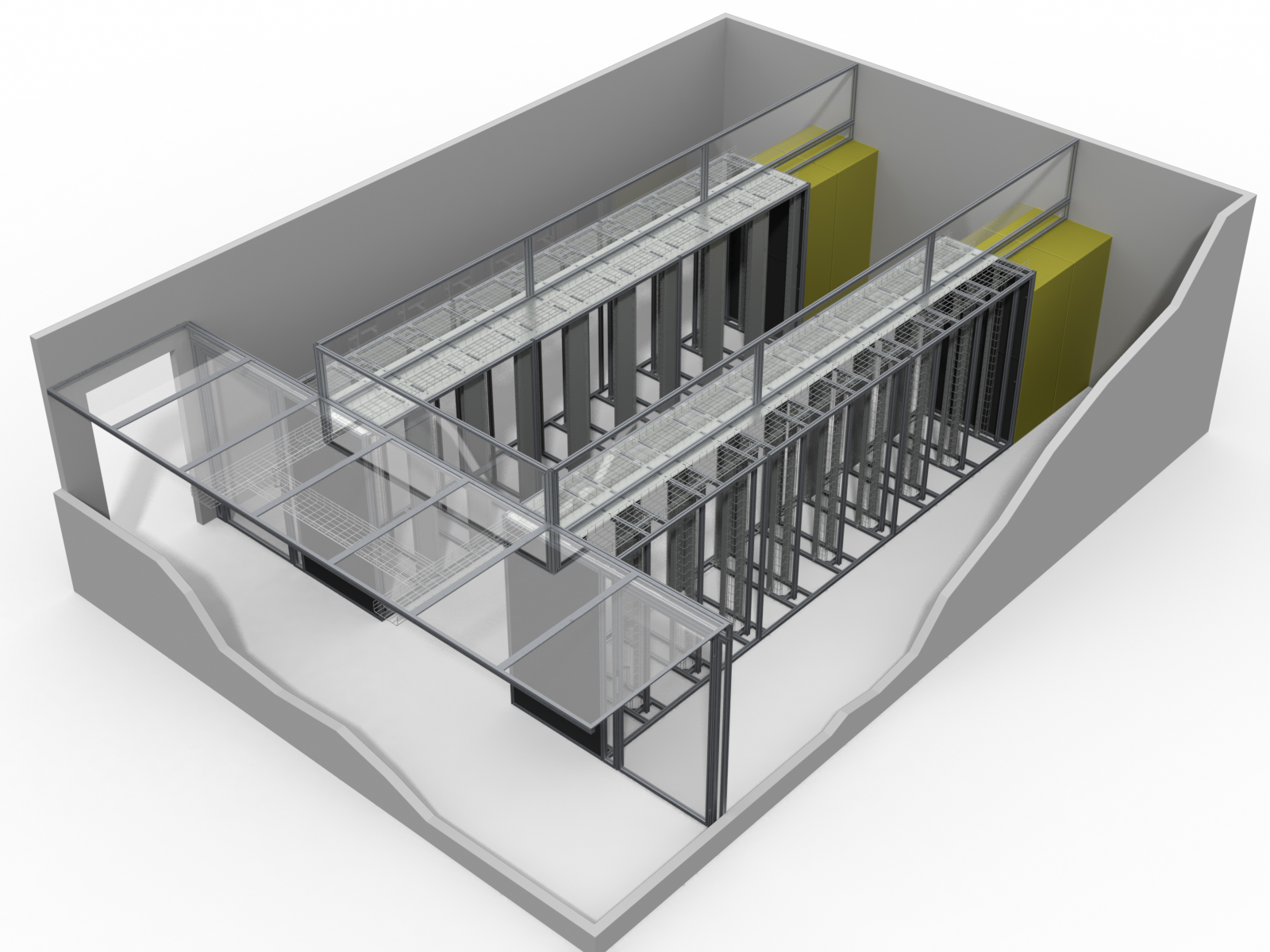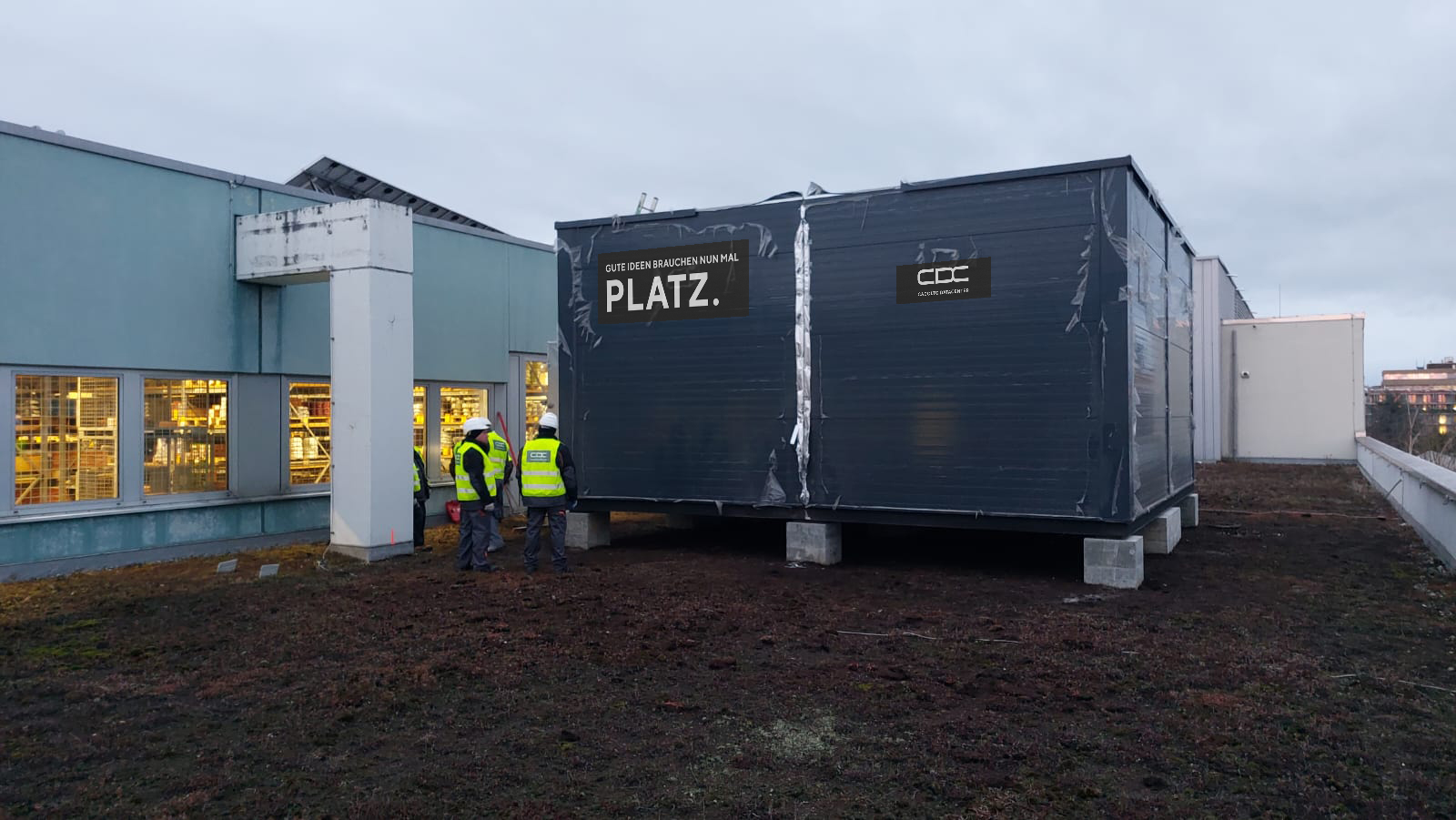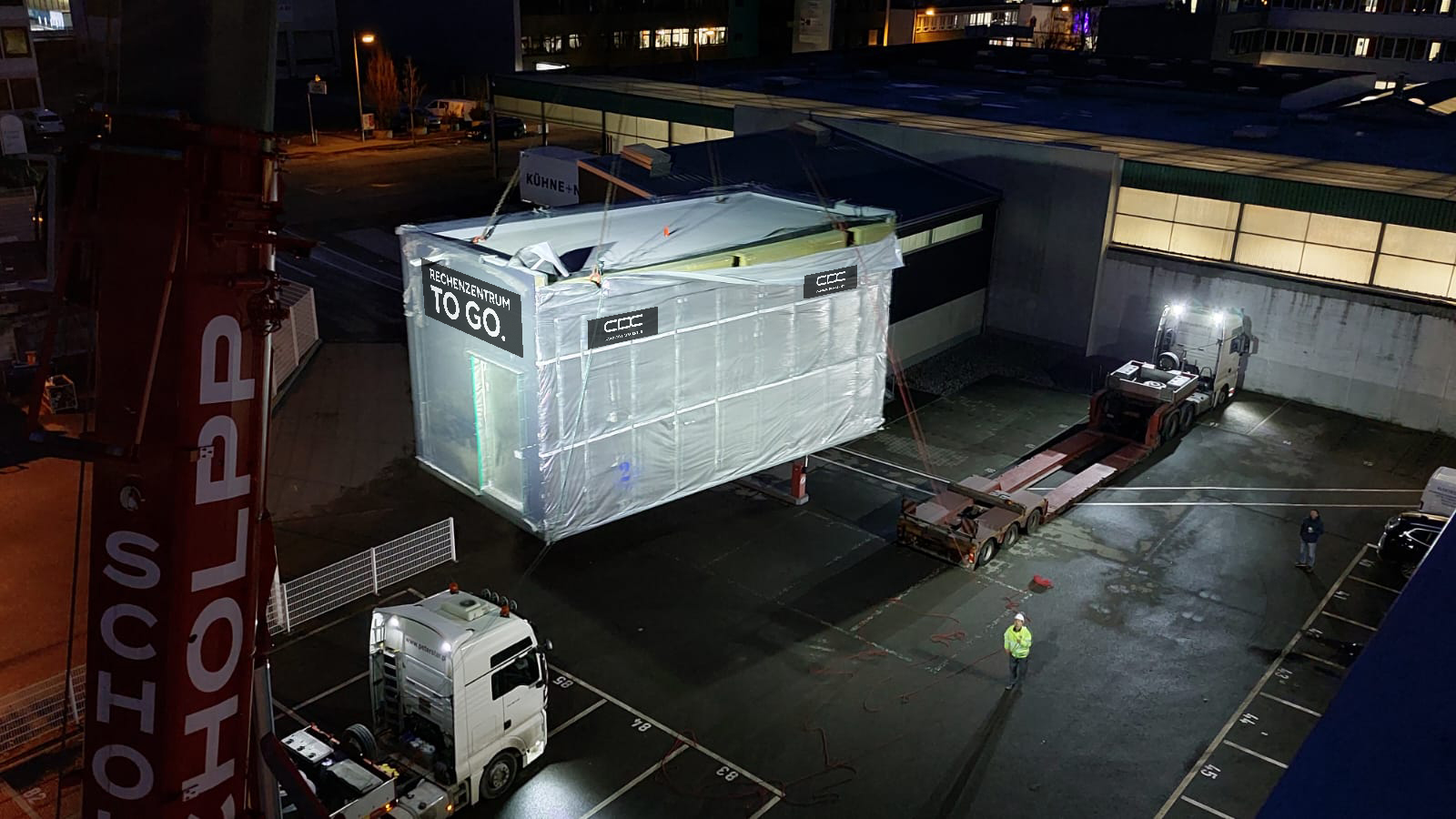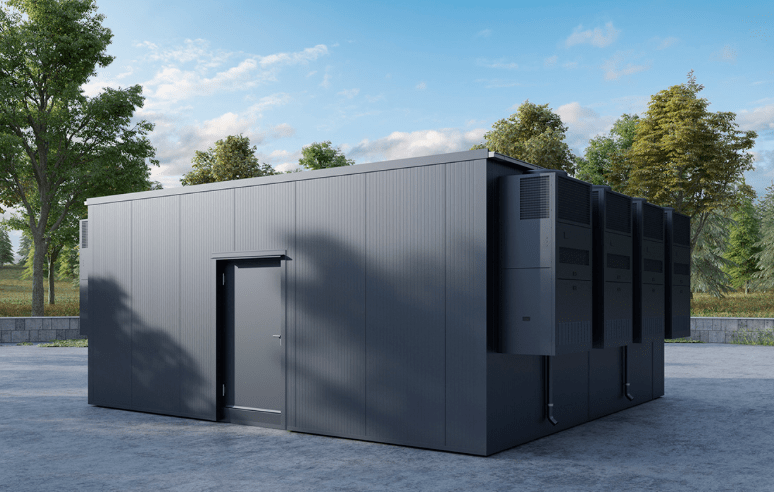High Performance Computing (HPC), also known as Supercomputing, refers to the use of extremely high performance computers and parallel processing technology to solve complex scientific and technical problems. Such problems generally require strong computing performance in order to solve them within a reasonable time frame, which is often not possible with conventional computers.
HPC systems normally comprise number of nodes which in turn consist of several processors or “cores”. These cores or HPC clusters work simultaneously on a problem, in a process referred to as “parallel processing”. Each node can access its own local storage and can be linked to other the nodes via a network. This cloud-based combination enables the computers to work jointly on tasks and to increase computing performance.
HPC is used in a wide range of applications including weather forecasting, climate research, quantum mechanics, molecular modelling, artificial intelligence (AI), Big Data analysis and many more besides. For example, climate scientists use HPC solutions in order to build complex climate models and simulate the effects of climate change. Similarly, HPC supports pharmaceutical companies in the discovery and testing of new drugs, which speeds up the process and makes it more efficient.
A key element of HPC applications is the interconnectivity or network that links the nodes of the IT infrastructure. High band width and low latency are essential in order to enable efficient communication and coordination between the nodes. Other important aspects are the management of resources, the distribution of computing tasks to the various nodes and the management of storage and data.
Despite its high performance, HPC also presents challenges. Scalability is one such challenge, since maintaining efficiency becomes complex as the number of nodes increases. Energy consumption and cooling are also important concerns in relation to HPC. Supercomputers consume significant quantities of energy and generate large amounts of heat, which require special cooling systems.
In summary, it can be said that, through the use of supercomputers and parallel processing techniques, High Performance Computing enables complex problems requiring vast amounts of computing power to be solved. Despite a number of challenges, HPC has the capacity to extend continuously the boundaries of what is technically and scientifically possible. The parallel processing of huge quantities of data per second and machine learning (Deep Learning) contribute to this.





